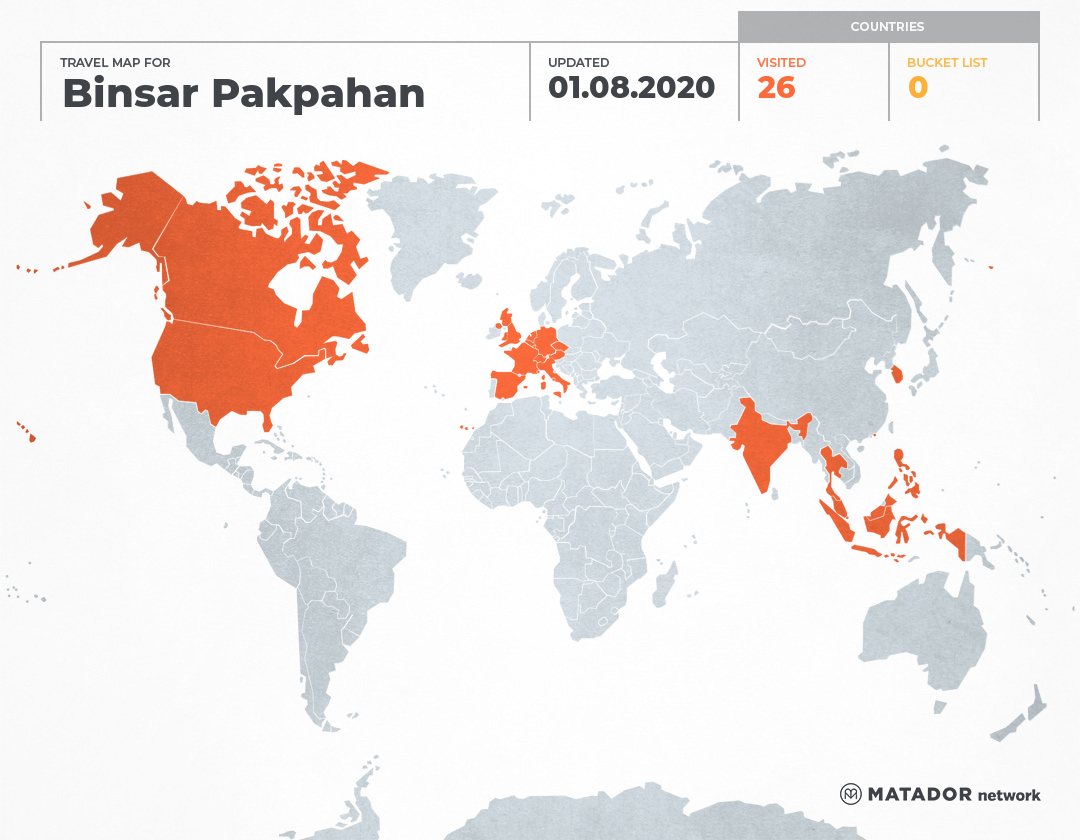Bijbelstudie
Opening Question:
Do you pray? What is prayer for you? Who do you pray to?
The question above seemed easy to answer for us as Christian, but has become increasingly challenging in our current context here in the Netherlands. The topic of prayer is probably not new for us. Most of us, if not all, could be praying everyday, before the meal, when you wake up, and before you go to bed. But what is it then for you? Why do you pray for a meal and not for a cup of coffee? Why do you pray when you want to sleep at night but not at Saturday/Sunday nap time? Some would answer because we have different priorities.
Yes, so what is the level of priority of prayer in your life?
Before we can go any further, let us find out what does prayer mean. In Hebrew, the word Tefilah (תפילה) is generally translated into English as the word “prayer.” But this is not an accurate translation, because to pray means to beg, beseech, implore, and the like. The New Testament mentions proseu,comai (proseuchomai) means to make prayers, offer prayers. Here, there’s a sense of pleading in the meaning of prayer. Let’s think about the definition of prayer although a definition of prayer might seem unnecessary. We all know what prayer is, but it is obvious that prayer is sometimes not used properly.
Jesus gave us some important clues about what prayer is and what it is not. First, prayer is not to convey information or to give exhortation to others (Mat. 6:5) Then in verse 7, prayer is not just a formula to solve some unexpected problem or to mark some special occasion. Notice the phrase, vain repetitions. That is not a reference to praying about something over and over again. Sometimes people have taken that to mean that we shouldn’t repeatedly pray about things, but vain repetitions is actually the idea of empty words, meaningless words. In Matthew, chapter 26, verses 39-44, we have Jesus praying in the garden just before His death, and we read that He prayed the same prayer three times almost word for word. It records the text of the prayer and it is three separate prayers, even though it was during one particular period of prayer. So vain repetition is not saying that we shouldn’t repeat a prayer. In fact, Jesus taught in Luke, chapter 18, that men should pray continuously, and in Thessalonians 5:17 we read that we should pray without ceasing, so vain repetition is not the idea of repeated prayer, but the idea of praying without any real thought to the meaning. Vain repetition is just a mindless mouthing of words. Those are some of the things that prayer is not, some of the things that Jesus told us not to allow our prayers to become.
The Lord’s Prayer in Matthew, chapter 6, demonstrates the basic structure of prayer. In verse 9, we have adoration: “Our Father who art in Heaven, Hallowed be Your name.” Then in verses 10-11, we have the petition section, the requests that are made. Then in verse 12, we have confession. Any good prayer ought to include confession of sin. If you like to think in terms of acronyms, you could think of a prayer as CAPS: confession, adoration, petition, then supplication, which would be prayers of a more general nature that don’t have to do with a specific request.
There are some explorations on the psychological benefits of prayer. They found that focusing your emotions by praying can help to relieve stress, calm fears, reduce anxiety, and impart calm in the midst of a storm. Praying on a regular basis can have an enormous effect on your psyche by stabilizing your moods, giving you a feeling of well-being, both physical and psychological, improving how you interact with others, and positively changing how you conduct yourself. There is also a wealth of information on the benefits of praying before risky medical surgery. In a number of important studies, patients who prayed before surgery came through their operations in much better shape than those who did not pray.
However, the scepticist always say that prayer is a waste of time. they question the validity of prayer. How do we know if God answers our prayer? Unfortunately we can also be influenced by this scepticism. Prayer has often turn into a ceremonial or formality as believers. Prayer lost its mystery.
Today we will share and learn from each other’s experience. We will not speak about Christian doctrines, rather we will share our live experience.
1) How do you know if God answers your prayer?
2) Do you have a story about the answer that God gave you, whether its yes, no, or wait.
Viewed 12846 times by 4284 viewers




